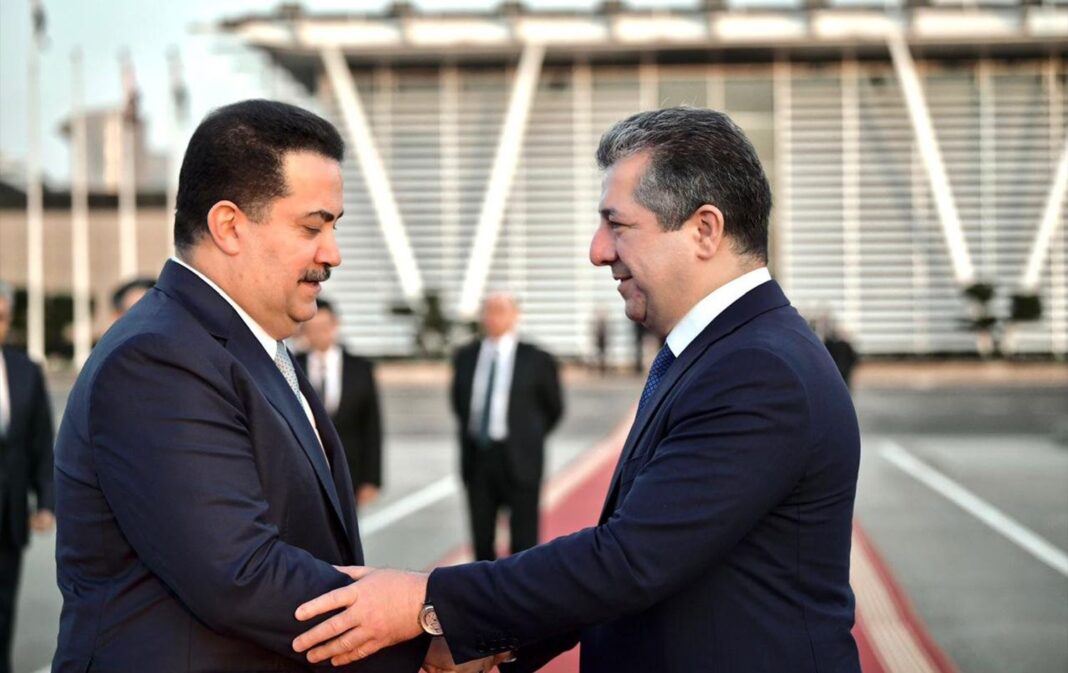Iraq’s election law debate has intensified after preliminary results of the 2025 parliamentary elections revealed significant seat gaps. The disparity between Prime Minister Mohammed Shia’ al-Sudani’s Reconstruction and Development Coalition (RDC) and the Kurdistan Democratic Party (KDP) has sparked calls for reform. The KDP argues that the current system unfairly limits its parliamentary representation despite strong voter turnout.
Jaffar Eminki, head of the KDP’s election department, said their main task will be to coordinate with other blocs to amend the law. He emphasized that reform is essential before the next parliamentary vote.
Preliminary results from the Independent High Electoral Commission show Sudani’s coalition secured 1,317,446 votes, winning 45 seats. The KDP followed with 1,109,934 votes but earned only 27 seats. Experts say this gap highlights structural flaws in the proportional representation system.
Iraq allocates seats using the Sainte-Laguë method. The system assigns provinces as constituencies and divides party votes by a fixed quotient. However, this distribution produces disparities because provinces differ widely in population and voter turnout. The government divides Iraq into 18 constituencies, each with a set number of seats, which restricts competition within provinces.
Election specialists suggest combining single- and multi-constituency systems to create a fairer distribution of parliamentary seats. Aram Bradosti, an election expert, noted that turnout in the Kurdistan Region is high, while provinces such as Baghdad have very low participation. He argued that uneven voter participation undermines fairness across Iraq.
Ahead of the elections, the KDP and other Kurdish parties criticized the law. President Masoud Barzani described it as “unfair” and said it must be amended. He highlighted that in Erbil, one seat requires 40,000 votes with turnout above 70 percent, while some southern provinces elect representatives with just 2,000 votes and less than 20 percent participation.
The Iraqi parliament has 329 seats, including nine reserved for minorities. Experts recommend allocating 300 seats to the 18 constituencies and 20 seats nationwide to improve fairness.
Sarbast Amedi, former head of the Iraqi election commission, also described the law as “unfair.” He supports combining single- and multi-constituency systems and adjusting the Sainte-Laguë method. Amedi stressed that implementing these reforms will strengthen representation and reduce political inequalities.
As Iraq prepares for future elections, Iraq’s election law debate is likely to remain central in political discussions. Parties, experts, and officials agree that changes are crucial to balance voter influence and ensure fairer representation. This ongoing debate underscores the urgency of reforming the system before the next parliamentary vote, keeping Iraq’s election law debate at the forefront of national policy discussions.



